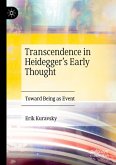
Broschiertes Buch
Toward Being as Event
28. November 2024
Palgrave Macmillan / Springer Nature Switzerland / Springer, Berlin
978-3-031-41293-6
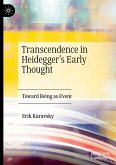
Gebundenes Buch
Toward Being as Event
1st ed. 2023
28. November 2023
Palgrave Macmillan / Springer Nature Switzerland / Springer, Berlin
978-3-031-41290-5
| eBook, PDF | 97,95 € |
eBook, PDF
27. November 2023
Springer International Publishing
Ähnliche Artikel

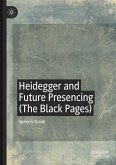
Gebundenes Buch
1st edition 2019
6. November 2019
Palgrave Macmillan / Springer International Publishing / Springer, Berlin
978-3-030-31888-8

Gebundenes Buch
Humanism, Antihumanism and Being
15. Dezember 1994
Taylor & Francis

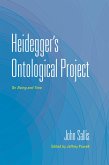
Gebundenes Buch
On Being and Time
22. Oktober 2024
Indiana University Press
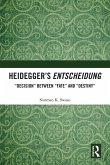
Gebundenes Buch
"Decision" Between "Fate" and "Destiny"
13. Mai 2020
Taylor & Francis

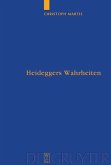
Gebundenes Buch
Wahrheit, Referenz und Personalität in "Sein und Zeit"
17. September 2008
De Gruyter
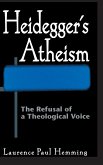
Gebundenes Buch
The Refusal of a Theological Voice
15. Juli 2002
University of Notre Dame Press
Ähnlichkeitssuche: Fact®Finder von OMIKRON
